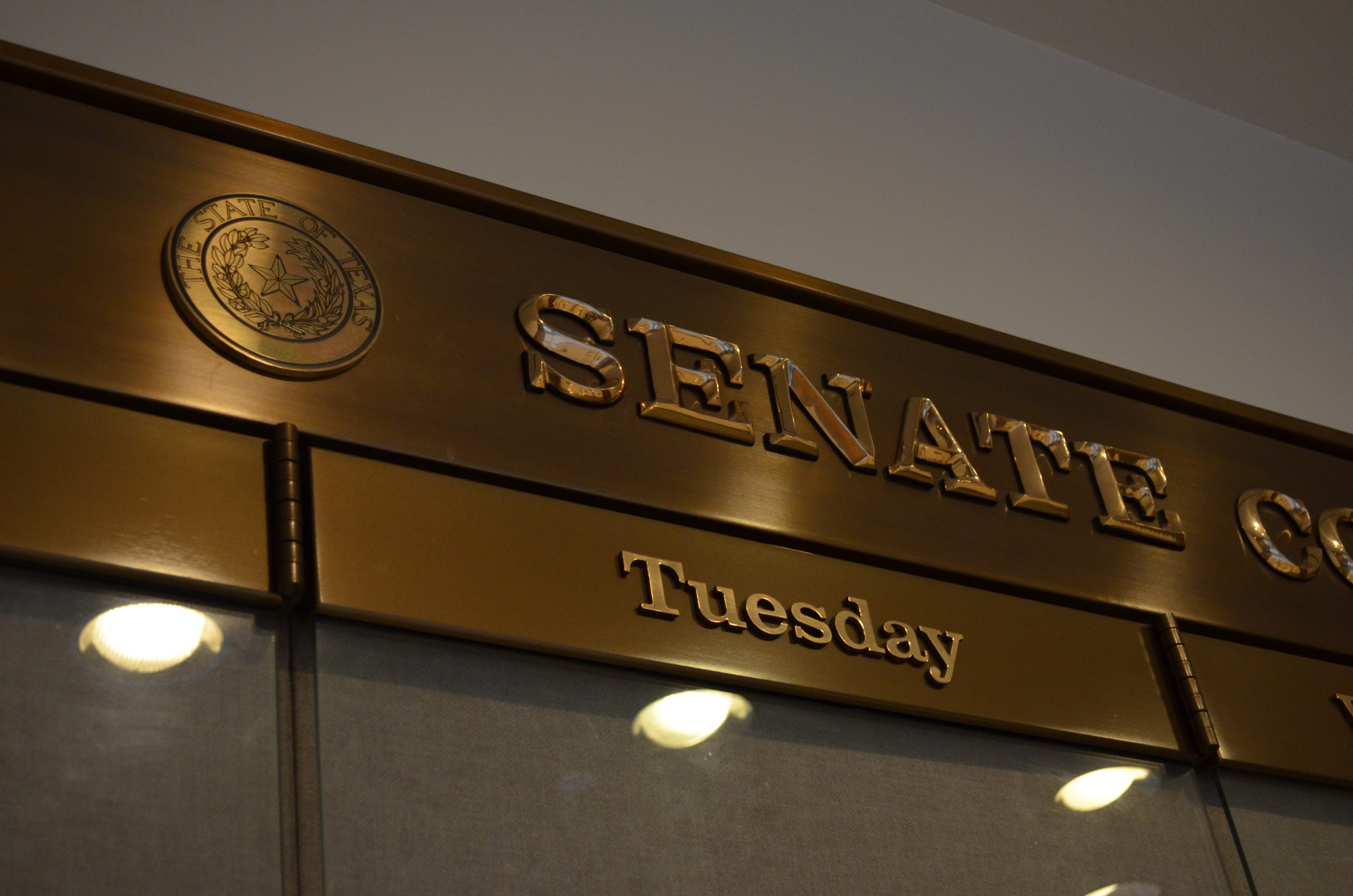The Senate Committee on Hurricane and Tropical Storm Preparedness, Recovery, and Electricity has released its interim report to the 89th legislature. The report covers mobile generation, pole resiliency, outage tracking, vegetation management, and PUC regulation of these topics. See below for a spotlight on recommendations from the report.
Mobile Generation
- PUC should revise its approval process for mobile generation leases by implementing safeguards to protect ratepayers from imprudent investments, ensuring each unit is fully qualified and properly configured for deployment in the emergency event it is intended to address, and defining performance obligations to confirm each unit fulfills its commitment.
- The PUC should require additional documentation regarding the use cases for these units as part of a utility’s Emergency Operations Plan.
- Ensure the PUC has the authority to require a utility to refund any charges that are later deemed unjustified and not in the public interest where a unit fails to perform as represented to the PUC and ratepayers. This should include any necessary statutory changes to prevent the PUC from waiving its ability to subject interim rate adjustment riders to a prudency review in future rate cases.
Pole Resiliency
- Direct the PUC to establish standards for hardening poles, particularly in coastal and high-risk areas. These standards should consider preventative measures to extend the lifespan of poles.
- The PUC should also establish schedules for pole inspections, require remediation or replacement of degraded infrastructure, and impose penalties for noncompliance.
- Leverage advanced technologies for faster and more accurate inspections.
Communication and Outage Tracking
- Direct the PUC to consider strengthening TDUs’ emergency communication plans to include proactively notifying customers of the critical customer registration processes, enhancing outreach to critical customers during an event, and establishing a storm response call center plan to deliver consistent and accurate information.
- Consider options for improving coordination of customer communication between REPs and TDUs that adheres to federal and state privacy and consumer protection laws.
- Require utilities to develop and maintain scalable outage tracking systems that provide reliable, real-time information during disasters. These systems should be thoroughly detailed in EOPs and tested regularly to ensure readiness.
- Evaluate requirements for critical care facilities to maintain backup generators and enhance direct communication channels between those facilities and first responders.
Vegetation Management
- Require utilities to more regularly report on vegetation management activities and costs, and delineate these costs from similar items included in a company’s rate cases and resiliency plans.
- Transmission and distribution companies should consider additional strategies for public engagement to encourage property owners to learn how to identify vegetation hazards and report concerns.
- Ensure the PUC has the authority to limit a utility’s return on equity for post-storm infrastructure repairs or replacements if it is determined the utility should have anticipated the risk for damage prior to a storm and delayed action.
Mutual Assistance
- Emergency Operations Plans should strictly assess strategic pre-staging of mutual aid, linemen, equipment, and materials. A utility’s administration and organizational structure responsible for navigating major events should also be assessed.
- Increase penalties for those who threaten or impede the work of linemen during emergency restoration efforts.
Transparency
- Review any gaps in the PUC’s regulatory authority and consider legislation to allow the PUC to mandate additional audits, implement performance-based incentives, or act to claw back duplicative costs.
- Review the PUC’s current authority to pursue administrative penalties for electric service quality violations under the Public Utility Regulatory Act to determine its effectiveness.


